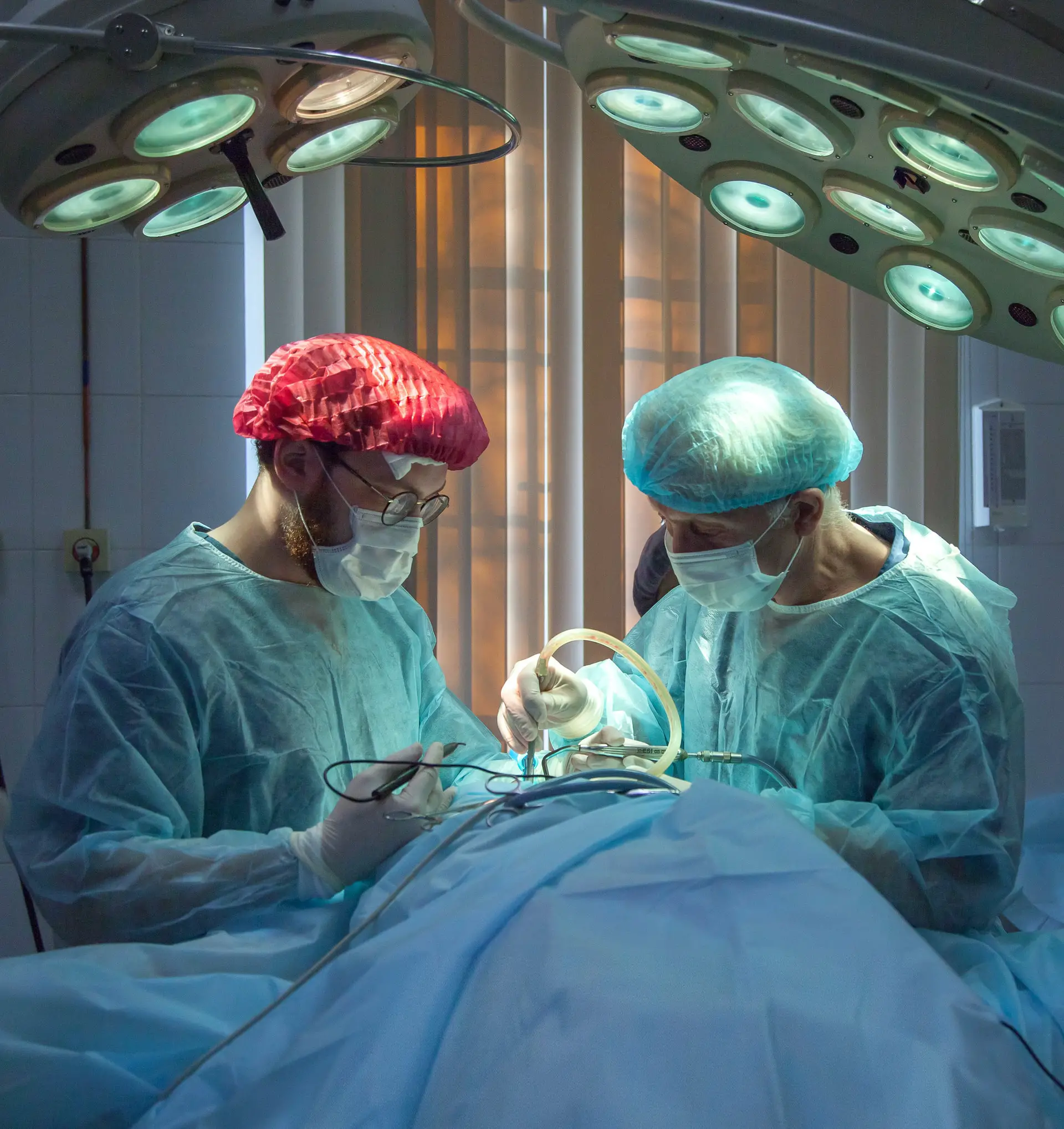To help guide surgeons when performing skin cancer excisions through artificial intelligence (AI) and augmented reality (AR) technology, a patent has been filed with the United States Patent and Trademark Office (USPTO) by Skinopathy which is a newly founded Canadian medical company.
The technology will work by determining the boundaries of cancerous skin tissue pixel by pixel through a picture taken on a smartphone. The AR technology will provide a huge advantage to healthcare practitioners and surgeons by showcasing an overlay of those boundaries through the screen.
A lot of times, cancerous tissue expands beyond the observational vision of the surgeons which results in it being unnoticed during the treatment.
It forces the surgeons to remove more skin during the surgery to reveal any extensions of the tissue. This, however, leads to visible scarring and other disfigurements post the treatment. Moreover, factors such as the vagaries of the human body, quality-of-life considerations, or the experience of the surgeon can also lead to inadequate removal of the cancerous tissue.
The technology is currently under development but once ready, it will assist the surgeons in making more informed medical decisions and also, reduce the inconvenience caused to the patients.
Alexander Shevchenko, the Lead Engineer at Skinopathy, said, “This will revolutionize skin cancer treatment. We are providing surgeons with an additional skin cancer fighting tool they can carry in their pockets every day.”
“This is a tremendous milestone for skin cancer,” exclaimed Dr. Colin Hong, Co-Founder and Chief Medical Officer of Skinopathy. “We are using technology to streamline the medical bureaucracy to ensure no one slips through the cracks.”
“We are very excited about these results. There are very subtle nuances on how skin lesions are present on the skin, and our models are able to detect the smallest of variances,” said Dr. Rakesh Joshi, Lead Data Scientist at Skinopathy.
Follow us on LinkedIn
Read other Articles




